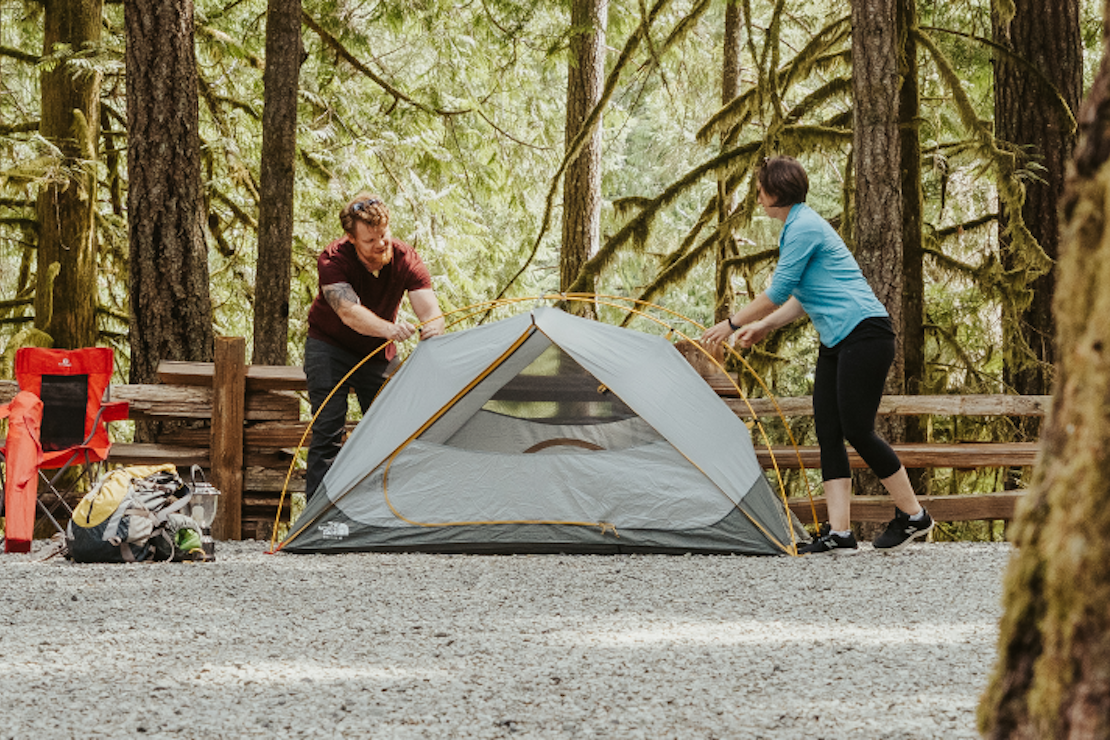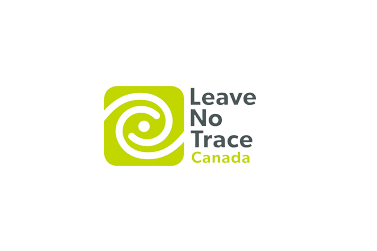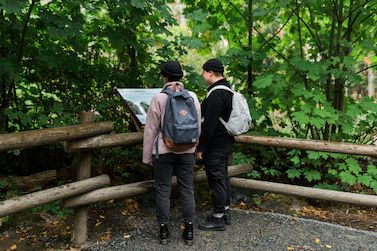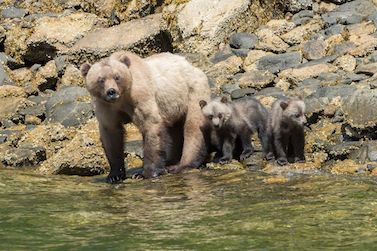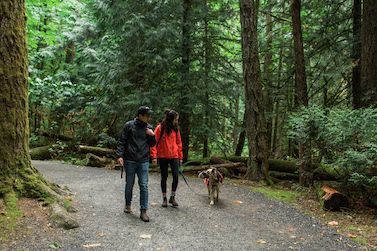Whether it’s lakeside picnicking, long-weekend camping, or day-hiking, B.C.’s outdoor spaces offer fun experiences for the whole family. At BC Parks, our job is to keep these spaces beautiful and safe, for everyone to enjoy.
Of course, we cannot do it without your help. That’s why we ask all visitors to practice safe and responsible recreation. Together, we can protect the natural splendour and respect the cultural values of these extraordinary places.
Every park has its own potential dangers, as well as its environmental and cultural sensitivities. Even if you’re just visiting for a day or camping one night, put safety first and be considerate of others.
Planning a camping or day-hiking trip? Look here for information to help you:
Frontcountry basics
This page provides safety and responsible recreation guidance primarily aimed at day-hikers and frontcountry campers. For information on visiting backcountry and wilderness areas, see our backcountry guide.
‘Frontcountry’ means an area within 1 km of a highway or park road. ‘Backcountry’ areas are more than 1 km away from any roads. ‘Wilderness’ is generally used to describe remote backcountry areas with no facilities.
Camping 101
New to camping? Looking for a refresher on how to book, prepare for, and stay safe on a frontcountry camping trip? Watch the video below for a quick guide to fun, safe, and eco-friendly camping in BC Parks.
Thank you to our partners at Canucks Autism Network for working with us to make this video.
Responsible day-hiking
Need more exercise and fresh air? British Columbia’s frontcountry is full of inspiring places to get out and get moving. If you’re planning some day-hiking, watch the video below and learn how to do it right.
Leave No Trace
Every outdoor space in B.C. has a unique ecosystem and a rich cultural heritage that deserves your respect. Even if you’re just visiting for the day, please try to Leave No Trace. To learn more, visit the Leave No Trace Canada website.
The Camper’s Code
Want to commit to helping us keep BC Parks, clean, green, and peaceful? Take the Camper’s Code pledge. The Camper’s Code provides clear responsible-recreation guidelines and invites you to pledge that you’ll do your bit.
Rules and rangers
The advice provided below will help you take responsibility for behaving appropriately when visiting BC Parks. Following these guidelines should ensure that you do not break any BC Parks rules or provincial laws.
Rangers and park operators are responsible for implementing rules and laws in BC Parks. If you break the rules or commit an illegal act, they are required to respond. For serious violations, you could be fined or evicted from your campsite.
Stay safe
For detailed information on how to keep yourself, your family, and other park visitors safe, see the staying safe page.
When visiting any frontcountry day-use area, campground, or day-hiking trail:
- Pack essential supplies and be prepared for hazardous conditions
- Take care to avoid potentially dangerous encounters with wildlife
For information on essential outdoor supplies, see the AdventureSmart hiking guide. For detailed information on avoiding dangerous animal encounters, visit our wildlife safety page.
Prevent wildfires
Wildfires represent a growing problem in British Columbia. Fires started by human activity can quickly burn out of control. Uncontrolled wildfires pose an extremely serious risk to the environment, human life, and property.
Do not smoke or vape
Smoking or vaping of any kind is prohibited in all areas of parks except registered frontcountry campsites in some campgrounds. Because of the growing wildfire risk, these rules are strictly enforced.
Be careful with campfires
Campfires are only allowed in designated fire pits. With the growing wildfire risk, temporary campfire bans are becoming more common. Always check the park’s webpage before your visit, to see if a campfire ban is in effect.
Never leave your campfire unattended. Leaving a campfire unattended is a serious offence. Completely extinguish fires and check that ashes are cool before leaving the area or going to sleep.
If you see a wildfire, report it immediately by calling 1-800-663-5555 (or *5555 on a mobile phone).
Go green
At BC Parks, protecting British Columbia’s natural environment is one of our top priorities. The park you are visiting will likely include environmentally sensitive areas. Check the park’s webpage for details of areas that require extra care.
Some day-hikes may take you into backcountry areas. When hiking into the backcountry, always follow Leave No Trace outdoor ethics. For details, see our backcountry guide or the Leave No Trace Canada website.
Conserve natural resources
Tread lightly and stick to trails, to avoid damaging plant life. Leave plants, rocks, logs, and other natural resources where you find them. Never strip branches from or hammer nails into trees.
Dispose of garbage and recycling properly
Use the appropriate recycling, garbage, and wastewater disposal facilities, when available. If these are not accessible, pack out your waste. Take all food scraps and any hazardous materials with you when you leave.
Only use BC Parks firewood
When building a campfire, do not gather firewood from the park. Gathering firewood harms delicate ecosystems and is an offence under the Park Act. Do not bring your own firewood, as this may introduce invasive species.
Please only use firewood supplied by BC Parks or purchased from the park operator or a local store. For more detailed information on responsible campfire use, see prevent wildfires, above.
For more on how to help us preserve B.C.’s natural environment while you enjoy parks, visit the responsible recreation page.
Keep parks peaceful
Remember: people go camping and hiking to experience the calm of the natural world. Respect their desire for peace and the natural quiet of outdoor spaces. High-volume music, and other unnecessary noise is not allowed on campgrounds or trails at any time.
Observe quiet time
When camping, please observe quiet time. At most campgrounds, this is between 11 pm and 7 am. Some campgrounds specify their own quiet time hours. To see specific quiet time hours for the campground you are planning to visit, find the park’s webpage.
Minimize generator use
Fuel-based electrical generators create noise and may reduce air quality. To help keep your campground peaceful and clean, please minimize use of fuel-based generators. We encourage you to use a quiet inverter generator instead of a conventional generator.
If possible, use electrified campsites, portable power stations, and solar generators to meet your power needs. You may use portable power stations and solar generators at any time of day. They can be used at walk-in campsites, electrified campsites, and backcountry areas.
If you do use a fuel-based generator, follow these rules strictly:
- Only run your generator from 9 am to 11 am and 6 pm to 8 pm (this rule includes un-serviced and electrified campsites)
- Place the generator on your designated campsite pad, never in the surrounding vegetation
- Only use your generator at drive-in campsites, never at walk-in sites, backcountry campgrounds, wilderness camping areas, or marine camping areas
In coming years, we may further restrict the use of fuel-based generators. This will align our generator policy with the BC Government’s environmental objectives and reduce impacts on visitors. Please check back here for further details.
Be respectful
We ask that all visitors to BC Parks show respect for the land and other visitors. If we all work together, we can keep B.C.’s natural spaces peaceful and green for generations to come. Follow these guidelines to play your part.
Respect the cultural values of the land
Remember that you are on the traditional lands of Indigenous Peoples. Leave any cultural items where you find them and take extra care around pit houses and other heritage sites.
Share the hiking trails
Trails are for everyone but not for every activity. Only ride your bike or exercise your dog off-leash in the designated areas. Keep an eye on signs and always stick to the path.
Keep pets under control
Make sure your dog is leashed where required and does not bark excessively. Pick up after them and dispose of waste in the garbage. Pets are not allowed in playgrounds or public buildings.
Drive and park with care
You may park only in designated parts of day-use areas and campgrounds. Because children play in campgrounds, we have set a strict maximum speed limit of 20 km per hour.
Drink responsibly
Liquor can only be consumed on registered campsites by legal adults. Drinking alcohol is prohibited in all day-use and public frontcountry areas, including campground washrooms and roadways.
